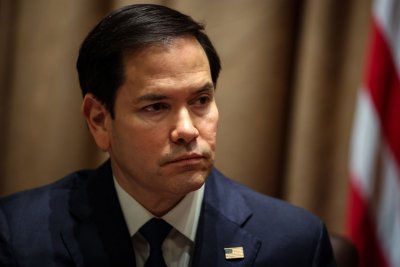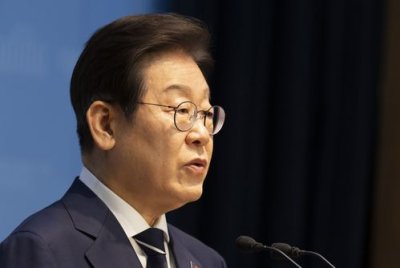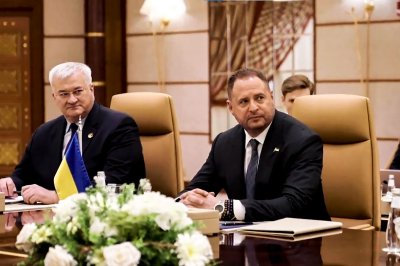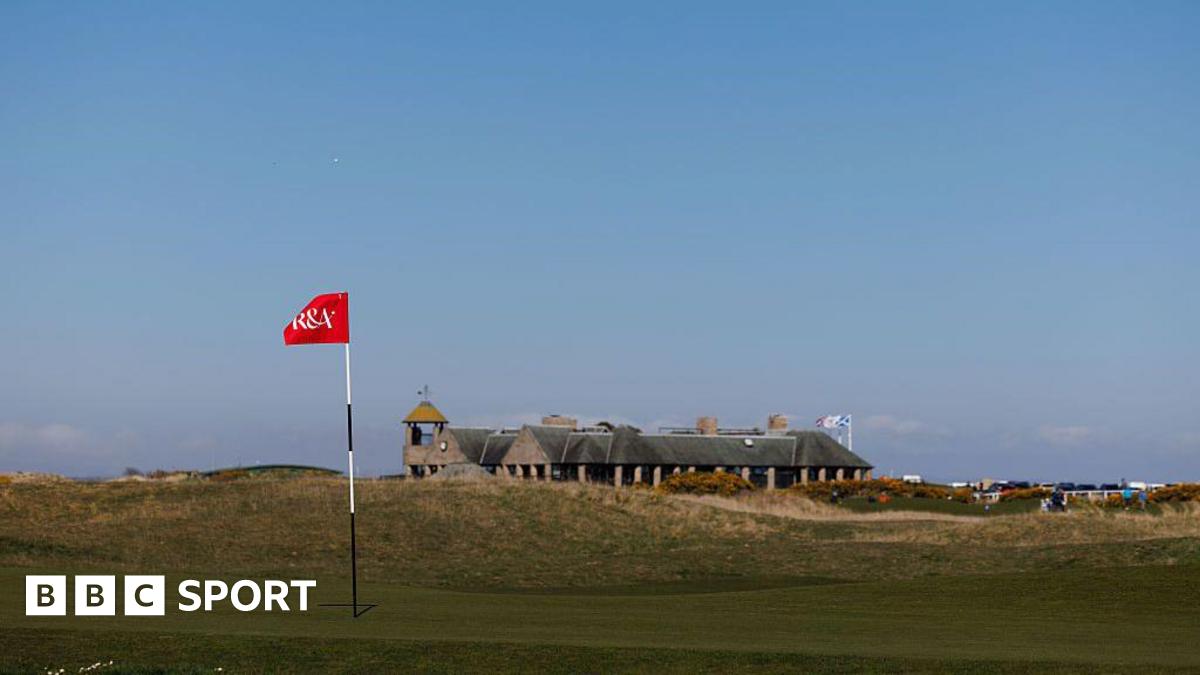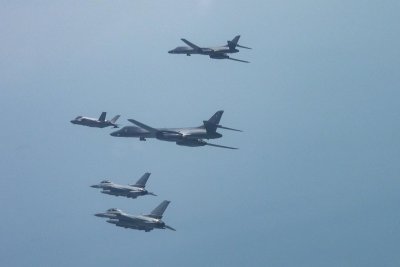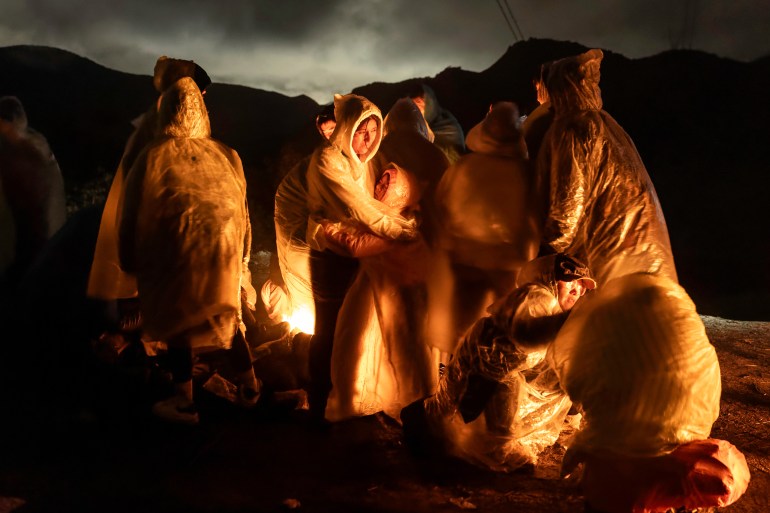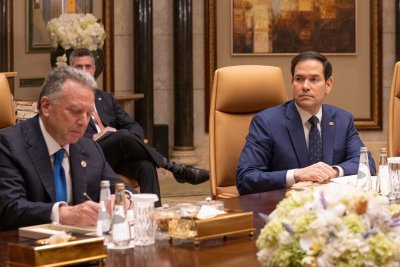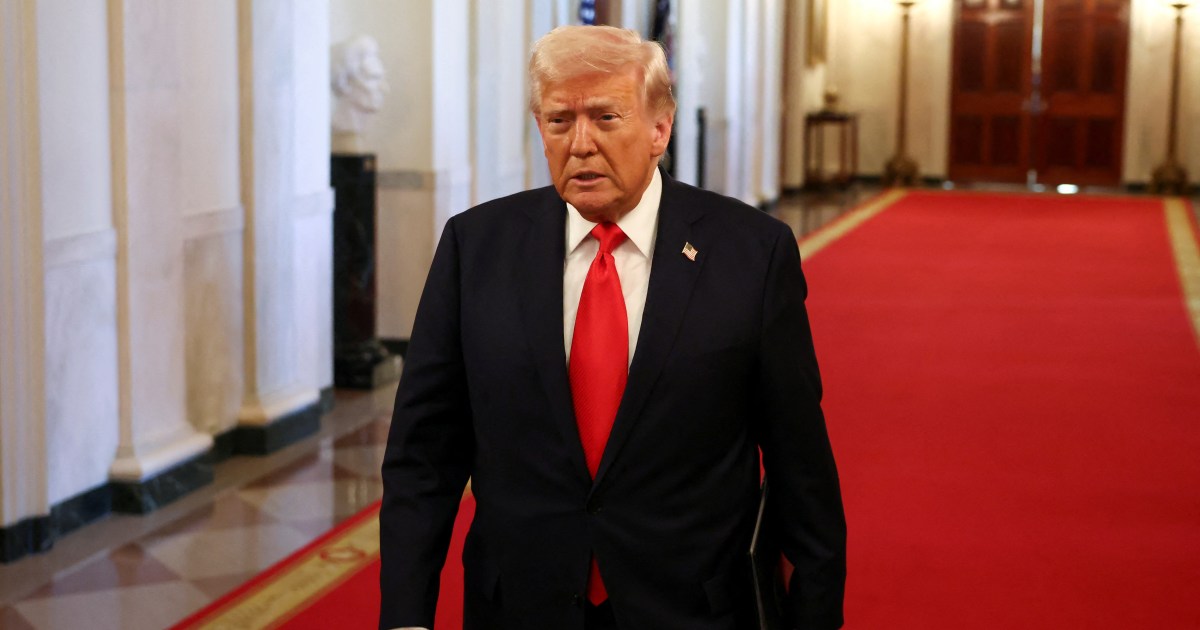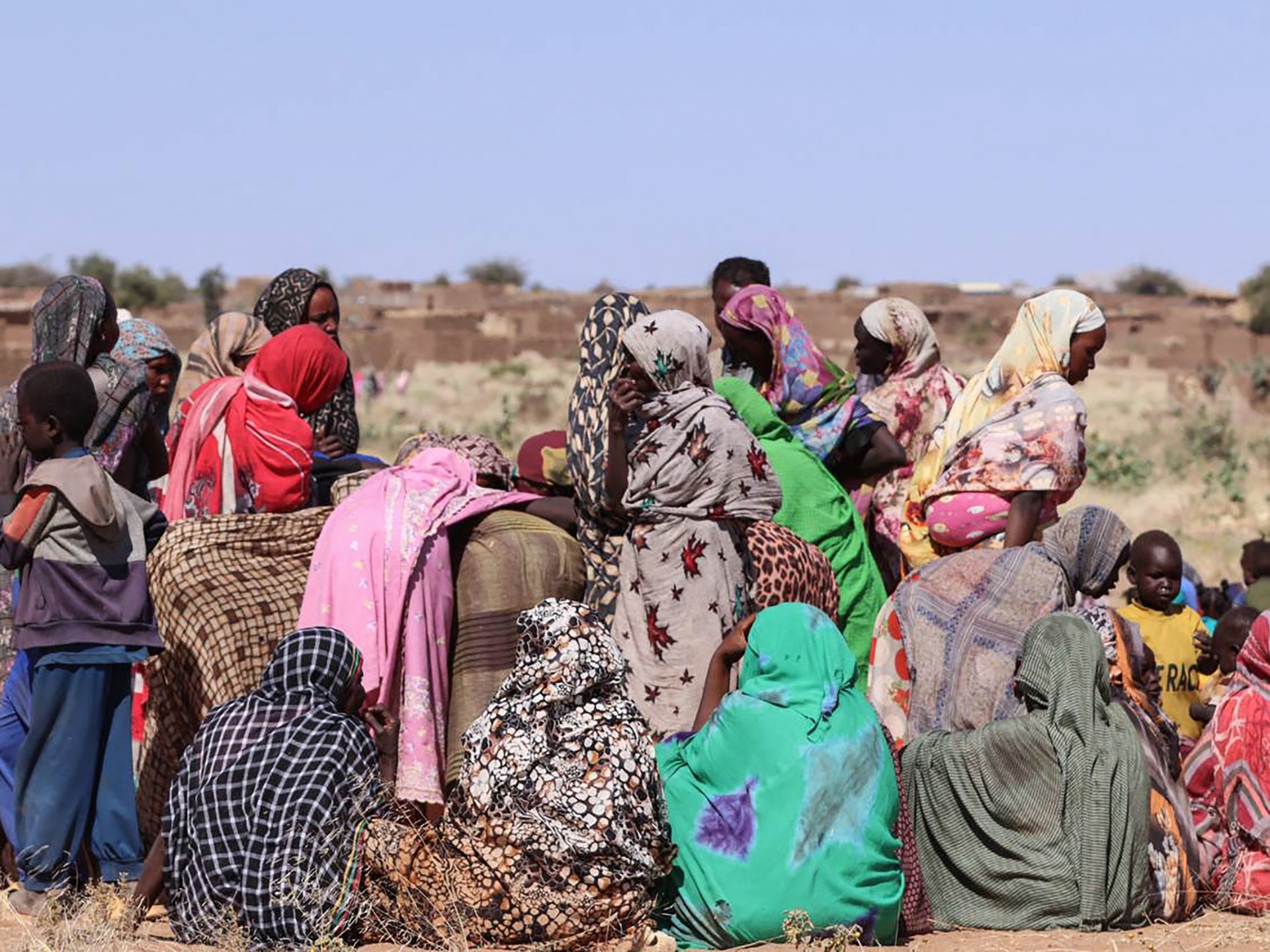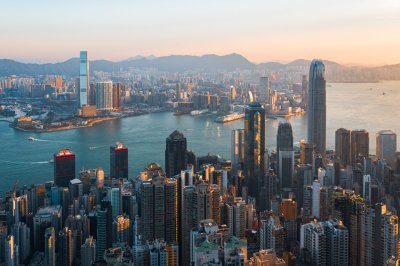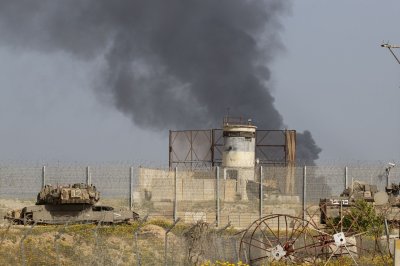As United States President Donald Trump and Chinese President Xi Jinping face off in an escalating trade war that has roiled global markets and businesses big and small, the question on countless minds is who will blink first.
Trump has pummelled China with a 145-percent tariff. Beijing has retaliated with a duty of 125 percent.
On Tuesday, Trump ramped up his trade salvoes by ordering a national security review of imports of critical minerals, most of which come from China.
Earlier, Bloomberg News reported that China had ordered its airlines not to take deliveries of Boeing jets and halt purchases of aircraft-related equipment and parts from US companies, while Hong Kong’s postal service announced it would no longer handle US-bound mail.
“A 145-percent tariff will make it impossible for China to sell to the US – the costs on both economies will be exceptionally high,” Vina Nadjibulla, vice president of research and strategy at the Asia Pacific Foundation of Canada, told Al Jazeera.
“A complete decoupling is almost impossible to contemplate.”
“Who will blink first depends on who can stand more pain and who is better prepared,” she added.
While Trump has long accused China of ripping off the US on trade, analysts have questioned whether his administration has a clear goal of what it wants to achieve with its tariffs.
Harry Broadman, a former US assistant trade representative and one of the chief negotiators of the WTO, said it is not clear whether Trump wants to close the trade deficit with China or end business with the country outright.
“How does Trump deal with US firms that need their goods from China for their factories to work? It’s not black and white,” Broadman told Al Jazeera.
“Markets are layered through the different stages of production, you’ve got components coming from all over the world. The global economy is finely chopped up vertically, so it’s not obvious who the winners and losers are.”
Broadman said Trump’s approach to trade has been simplistic and unrealistic.
“He’s obviously a deals guy in real estate, but not international markets … How he thinks is, ‘How can I win and how can I make the opponent lose?’” he said.
“It’s not more sophisticated than that. He’s not interested in splitting the spoils. But you don’t get very far with that.”
Miscalculations
Trump has made it clear that he believes it is up to China to come to the negotiating table.
In a statement on Tuesday, White House press secretary Karoline Leavitt quoted Trump as saying that “the ball is in China’s court.”
“China needs to make a deal with us, we don’t have to make a deal with them,” Leavitt told a media briefing in remarks that she said came directly from Trump.
While the US economy entered the trade war in a relatively strong position compared with China – which is facing headwinds including high unemployment and low domestic demand – Beijing has been preparing for a trade war since at least since Trump’s first term, according to analysts.
“The Trump administration has miscalculated that China would quickly come to the negotiating table and would respond to threats,” Dexter Tiff Roberts, a nonresident senior fellow at the Atlantic Council’s Global China Hub, told Al Jazeera.
Last week, the People’s Daily, a mouthpiece of China’s Communist Party, said the country was prepared for the tariffs after accumulating “rich experience” during the past eight years of trade tensions with the US.
“For China, this is an almost existential struggle both on trade and security,” Roberts said, referring to repeated statements from Xi that the East is on the rise while the West is in decline.
China has been diversifying its trade away from the US for years, including by reducing its dependence on US agricultural products such as soya beans, which it now mostly sources from Brazil.
In 2024, 14.7 percent of China’s exports went to the US, down from 19.2 percent in 2018.
On Monday, Xi began a five-day tour of Southeast Asia aimed at buttressing China’s self-styled image as a champion of free trade and a more reliable partner to the region than the US.
There are also political considerations for China.
Xi has built an image of a strong man and capitulating to the US quickly would damage this image, something he cannot risk both domestically and in China’s dealings with other countries, Roberts said.
“It is likely they’ll find some MO where both sides declare victory, otherwise it’s like going nuclear and it will shut down entire trade between US and China and I don’t even understand how that works and it will have shocking global implications,” Roberts said.
‘Misguided obsession’
Robert Rogowsky, a professor of trade and economic diplomacy at the Middlebury Institute of International Studies in Monterey, California, said he expects Trump to blink first.
“There’s so much blinking going on in Washington that it’s almost hard to believe there won’t be more,” Rogowsky told Al Jazeera.
“Trump has this misguided obsession with tariffs and he blinks because he comes under pressure from special interests – the wealthy class that has been losing huge amounts of wealth in stock and bond markets,” Rogowsky said, adding that recent turmoil in the financial markets had damaged his support base.
On Friday, the Trump administration announced it would exempt technology imports from the 145-percent levy on China, although later White House officials said that was a temporary reprieve and sectoral tariffs were in the pipeline.
Trump on Monday suggested he was also considering exemptions from his 25-percent auto tariffs.
“Every public policy negotiation has layers of negotiation: the negotiation with those across the table and the many with those behind you [who helped you] to get to the table,” Rogowsky said, adding that in this case, Trump had “negotiated” with special interests in the tech and auto sectors and “given in right away”.
It is possible Trump was driven by fear of losing the support of industry executives, he added.
“The process [of giving in] begins and will continue before anyone ever gets to Beijing. And Beijing can sit back and watch,” Rogowsky said, describing Trump as “clueless.”
“The Apprentice worked because he was a mid-level host with no power, being managed by others,” he said, referring to Trump’s hit reality television show.
Trump’s lack of policy coherence is also damaging the US on other levels, according to Wei Liang, an expert in international trade at the Middlebury Institute of International Studies.
Former US President Joe Biden’s focus on China was “strategic and with its allies, but Trump is alienating everyone,” Liang told Al Jazeera.
“In the short run, MNCs and countries have to do adjustments and crisis management. But in the long term, the US has damaged its relationships, especially in security,” Liang said.
While most countries do not have a real alternative to the US – a fact that will buy Washington time – countries will, over the longer term, try to develop a “US+1 strategy as the US is no longer the most reliable market for security treaties,” she said.


